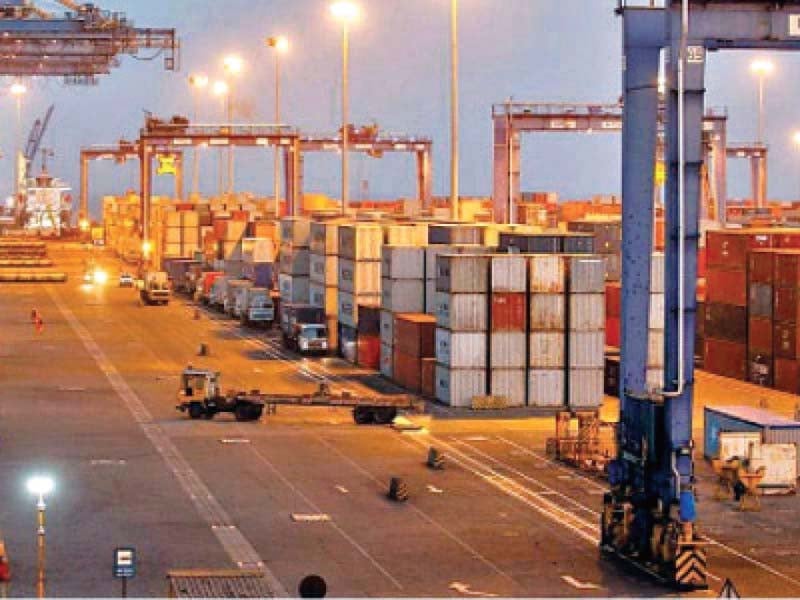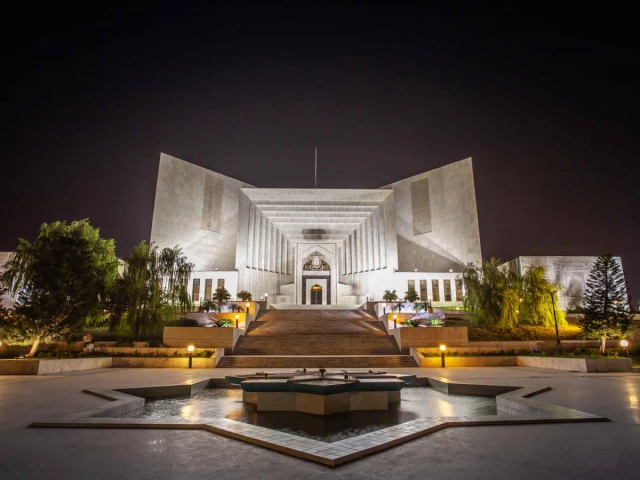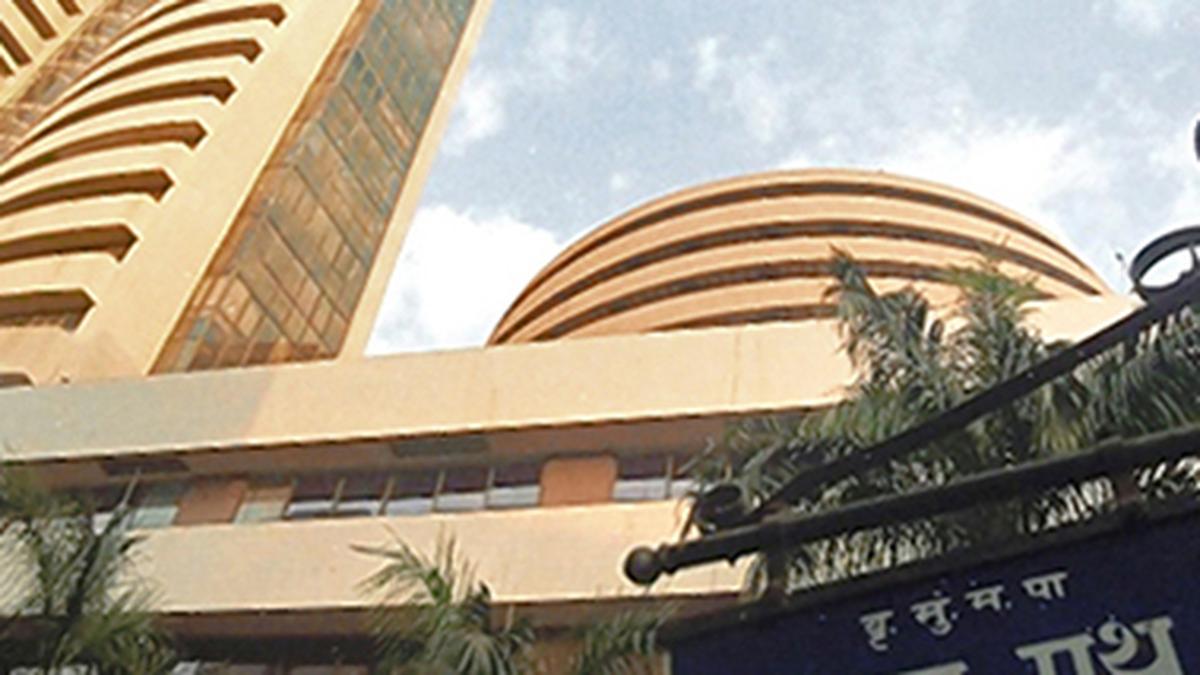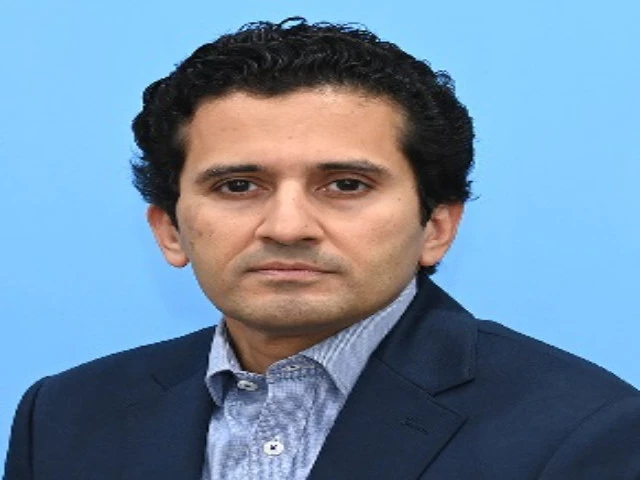ISLAMABAD:
Textile millers have warned that cross-subsidies for the fertiliser sector in “ring-fenced” re-gasified liquefied natural gas (RLNG) prices will have a destructive impact on Pakistan’s exports, employment and economy.
In a statement, the All Pakistan Textile Mills Association (Aptma) pointed out that the Ministry of Energy (Petroleum Division) and the Oil and Gas Regulatory Authority’s (Ogra) announcement of Rs50 billion cross-subsidy for the fertiliser sector in ring-fenced RLNG tariffs from June 2024 onwards would deal a blow to exports and the overall economy. The cross-subsidy includes the accrued differential of Rs27 billion from November 2023 through March 2024 and the monthly differential of Rs3.8 billion from April 2024 through September 2024.
“This appears to have been deliberately implemented at a time when the public at large is preoccupied with the budget to ensure that it goes unnoticed,” remarked Aptma.
The association called the decision a clear violation of Articles 6 and 7 of the Ogra Ordinance 2002, designed to protect consumer interests and minimise economic distortion. Moreover, the federal government, under the authority granted by the Petroleum Product (Petroleum Levy) Ordinance 1961 and the Petroleum Products (Petroleum Levy) Rules 1967, has assigned Ogra the responsibility to determine the price of RLNG.
The federal government, via decisions of the Economic Coordination Committee (ECC) on June 6, 2015 and June 14, 2016, has also identified the pricing components and parameters of RLNG, effectively ring-fencing RLNG prices and making sure no additional or undue charges were imposed on consumers.
Additionally, it said, amendments to the Ogra Ordinance 2002 explicitly include RLNG within its regulatory domain.
Section 43B provides Ogra with the mandate to set and revise RLNG prices according to market conditions. Thus, the “cross-subsidy is patently not a cost that can be charged in a ring-fenced RLNG pricing regime”.






